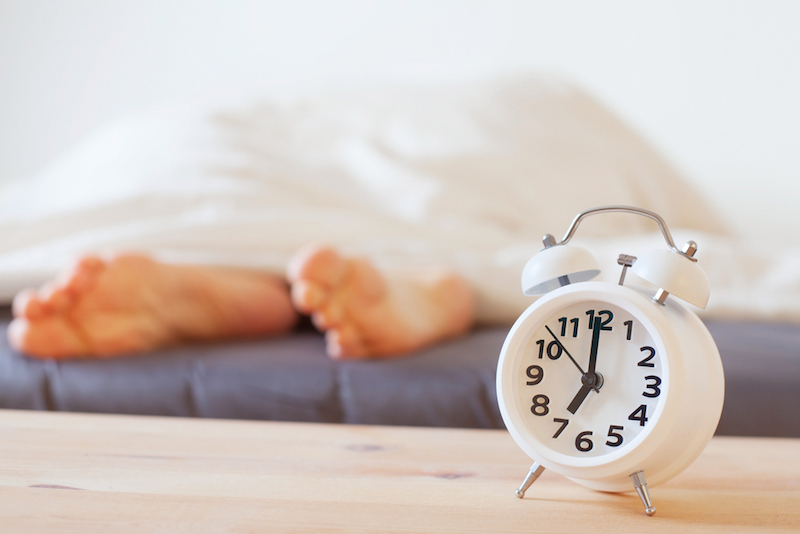A Good Night's Sleep May Keep Colds Away

Here's another reason to get a good night's sleep: Too little shut-eye may increase your risk of catching a cold or other common infection, a new study suggests.
Researchers analyzed information from more than 22,000 Americans who participated in a national survey between 2005 and 2012. The participants answered questions about their sleep habits, as well as whether they'd had a cold, the flu, pneumonia or an ear infection in the past month.
Participants who said they slept for 5 hours or less on an average weeknight were 28 percent more likely to report having a cold in the past month, and 82 percent more likely to report having the flu, pneumonia or an ear infection, compared with those who slept for 7 to 8 hours on weeknights.
People who said they had a sleep disorder, or said they had talked with their doctor about sleep problems, were also more likely to have had a cold or an infection in the past month, compared with people who didn't report these problems, the study found.
The study did not find a link between sleeping a lot (9 hours or more) and the risk of catching a cold or an infection.
"This finding adds to the growing scientific literature linking sleep with physical health," the researchers, from the University of California, San Francisco, wrote in the April 11 issue of the journal JAMA Internal Medicine. "It may be time that sleep assessments become more commonplace in medical settings, as sleep may serve as yet another vital sign for health," they wrote. [7 Absolutely Horrible Head Infections]
The findings agree with previous research in smaller studies. For example, in a study of 164 people who agreed to be given nasal drops containing rhinovirus (the virus that causes the common cold), those who got less than 6 hours of sleep per night were about four times more likely to actually come down with a cold, compared with those who got more than 7 hours of sleep a night.
Get the world’s most fascinating discoveries delivered straight to your inbox.
The new study is one of the first to look at the link between sleep and risk of infection in a large population of people, the researchers said.
Follow Rachael Rettner @RachaelRettner. Follow Live Science @livescience, Facebook & Google+. Original article on Live Science.

Rachael is a Live Science contributor, and was a former channel editor and senior writer for Live Science between 2010 and 2022. She has a master's degree in journalism from New York University's Science, Health and Environmental Reporting Program. She also holds a B.S. in molecular biology and an M.S. in biology from the University of California, San Diego. Her work has appeared in Scienceline, The Washington Post and Scientific American.
 Live Science Plus
Live Science Plus





